Search Results
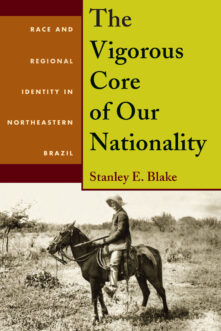

The Vigorous Core of Our Nationality
Race and Regional Identity in Northeastern Brazil
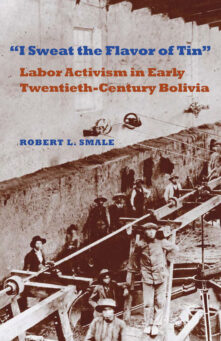

I Sweat the Flavor of Tin
Labor Activism in Early Twentieth-Century Bolivia
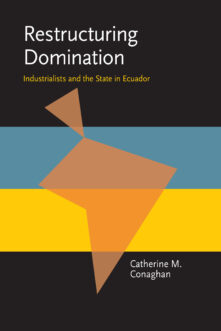

Restructuring Domination
Industrialists and the State in Ecuador
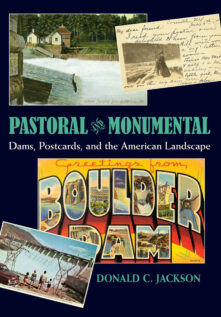

Pastoral and Monumental
Dams, Postcards, and the American Landscape
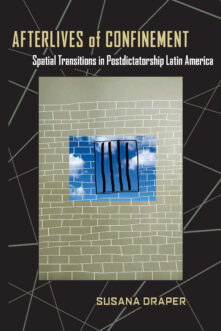

Afterlives of Confinement
Spatial Transitions in Postdictatorship Latin America
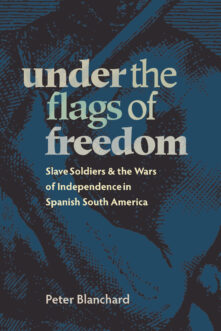

Under the Flags of Freedom
Slave Soldiers and the Wars of Independence in Spanish South America
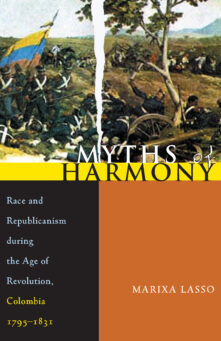

Myths of Harmony
Race and Republicanism during the Age of Revolution, Colombia, 1795-1831
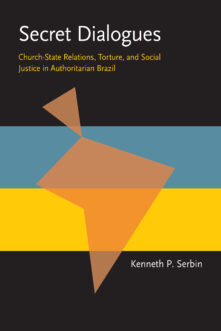

Secret Dialogues
Church-State Relations, Torture, and Social Justice in Authoritarian Brazil
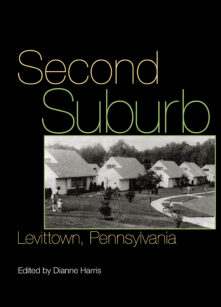

Second Suburb
Levittown, Pennsylvania
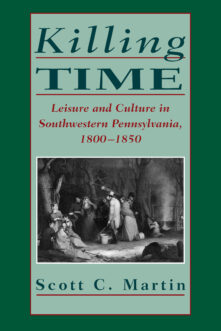

Killing Time
Leisure and Culture in Southwestern Pennsylvania, 1800–1850
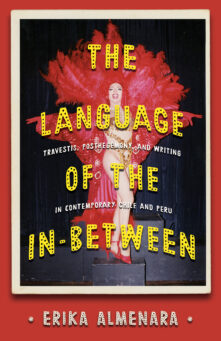

The Language of the In-Between
Travestis, Post-hegemony, and Writing in Contemporary Chile and Peru


Vaccine Hesitancy
Public Trust, Expertise, and the War on Science
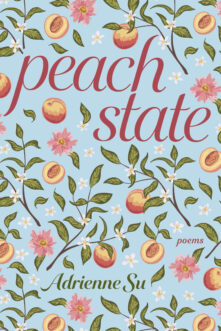

Peach State
Poems
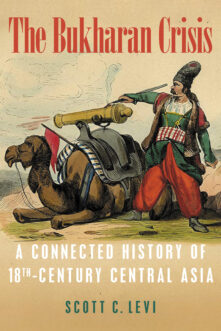

The Bukharan Crisis
A Connected History of 18th Century Central Asia
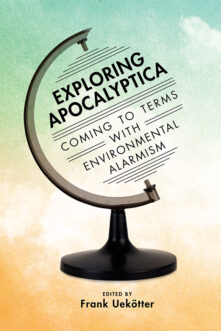

Exploring Apocalyptica
Coming to Terms with Environmental Alarmism
Your search for "Urban Rivers : Re-making Rivers, Cities and Space in Europe and North America" returned 615 results

